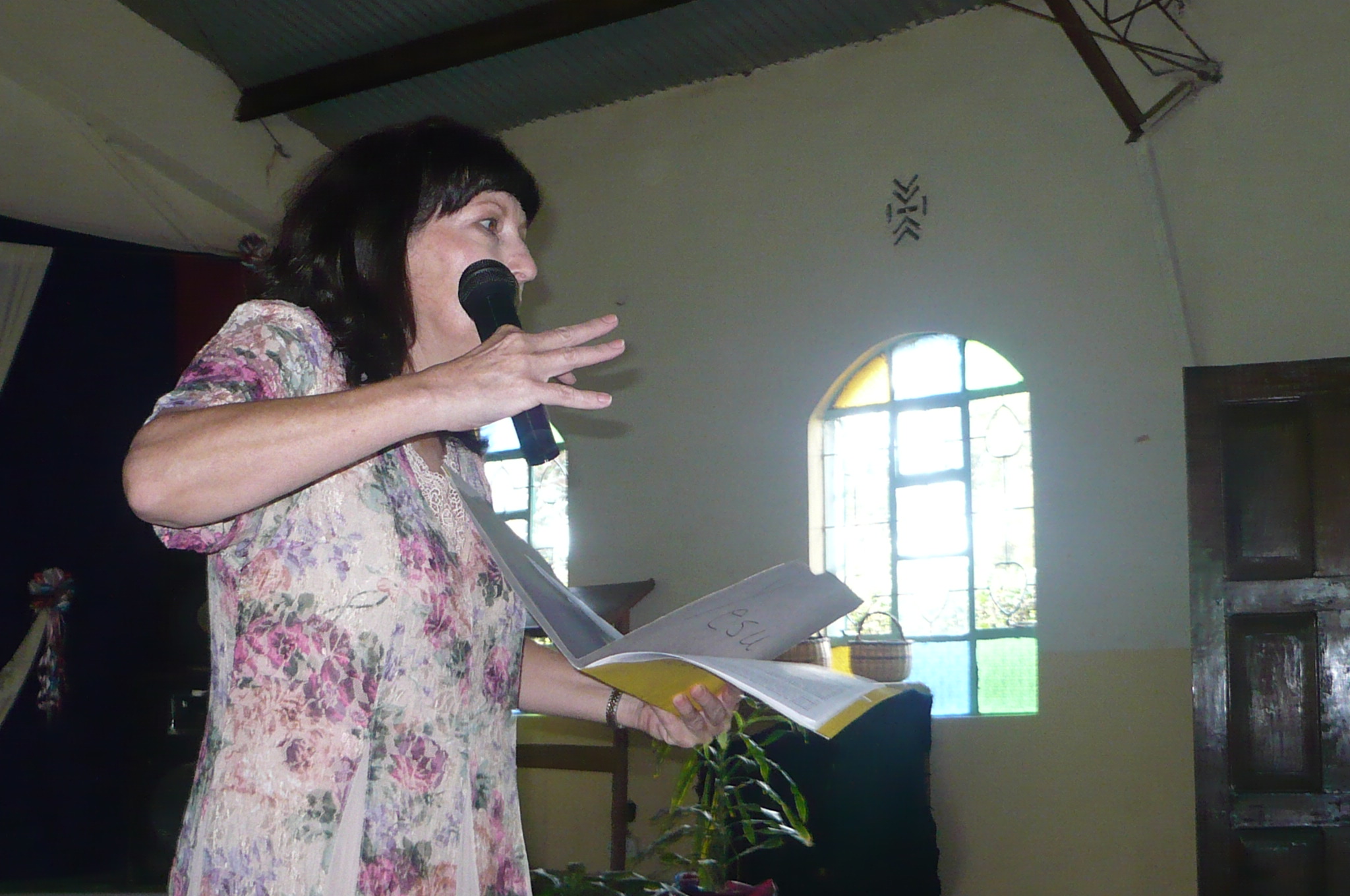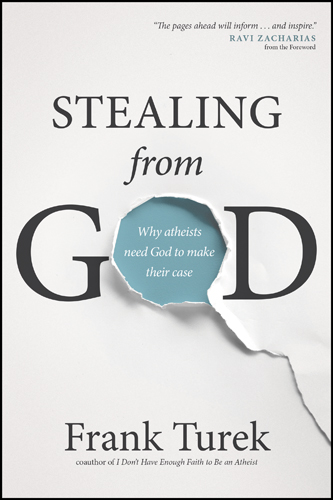The Wisdom Chronicle is designed to bring nuggets of wisdom from the dozens of books I read every year. I endeavor to share the best of what I have gleaned. The determination of relevance lies with you. Blessings, J. Whiddon
491. NON-PROFIT MYTH “According to Giving USA, based on data collected each year from The Center on Philanthropy at Indiana University, U.S. charitable giving totaled $298.42 billion in 2011. Of that, individuals (and bequests) gave 81 percent, while foundations and corporations combined gave 19 percent.
Yet as we read and heard stories of Mission Drift, we were surprised how often corporate, government, and foundation donors drove the drift. Organizations compromised on their core values to woo these institutional funders, while ignoring individuals, who collectively give over four times as much. The sum of the many individuals is far greater than the sum of the few major foundations and corporate donors.
This myth drives boards of many faith-based organizations to water down their Christian distinctiveness.”
Excerpt From: Peter Greer, Chris Horst & Anna Haggard. “Mission Drift.”
492. ENJOY KIDS “Each day may pass slowly when you’re tired and weary, but the years pass quickly. Today your children are totally dependent babies; tomorrow they will be grown and gone.”
Excerpt From: Jim Bob Duggar. “The Duggars: 20 and Counting!.”
493. WORSHIPPING CREATION “Because God created the world “very good” (Genesis 1:31), all created things have good in them. We are right to find them admirable and to enjoy them. The problem comes from giving any created thing inordinate affection—the ultimate affection, which only God deserves and has the right to demand. Paul is saying that the human heart loves to make a good thing into its god thing. (Rom. 1)
This exchange in our worship and service undoes the created order.”
Excerpt From: Keller, Timothy. “Romans 1-7 For You.”
494. FAITH “Elton Trueblood put it this way, “Faith is not belief without proof, but trust without reservation.” Strength comes from choosing to fully trust, pray, and praise. Our circumstances may not change, but in the process we change.”
Excerpt From: Charles R. Swindoll. “Wisdom for the Way.”
495. FEARING GOD “There is no fear of God before their eyes” (Rom. 3:18).
The “fear of God” is a central concept in the Bible. We are repeatedly told: “The fear of the Lord is the beginning of wisdom” (eg: Psalm 111:10). It is the starting point for everything else; it is the stumbling block which bars everything else. What is the “fear of God”? The psalmist says something surprising: “If you, O Lord, kept a record of sins, O Lord, who could stand? But with you there is forgiveness; therefore you are feared” (Psalm 130:3-4). He “fears” God because God forgives sins! So the “fear of God” does not mean a servile, cringing fear of punishment. It means, rather, an inner attitude of awe, respect, and sober, trembling joy before the greatness of God.”
Excerpt From: Keller, Timothy. “Romans 1-7 For You.”
496. GIRLS AND GUYS Is it wrong or unbiblical to rent an apartment with a person of the opposite sex?
“Sex or no sex, thoughts or no thoughts, the situation is inherently unchaste; it corrodes the virtue of modesty. I suppose you’ll tell me that you’ve never eaten breakfast or watched TV together in your pajamas or hung your intimate clothing over the shower rail to dry.
It’s wrong not only to commit sin, but also to give the appearance of committing sin. Doing so shows lack of love for others because you’re demoralizing them through bad example.
Modesty is a biblical virtue; it’s a biblical precept to avoid not only evil, but also the appearance of evil; and avoiding not only sin, but also the risk of sin, is a counsel of biblical wisdom: “Can a man scoop fire into his lap without his clothes being burned? Can a man walk on hot coals without his feet being scorched?” (Proverbs 6:27-28).
Excerpt From: Budziszewski, J. “Ask Me Anything.”
497. NATIONAL HUMILITY “As long as King David chose righteousness, God blessed the nation of Judah.
Similarly, as America entered the dark days of the Civil War, President Abraham Lincoln realized that the nation needed to turn its heart to God. On August 12, 1861, after the Union Army’s defeat at the Battle of Bull Run, Mr. Lincoln called the American people to a time of repentance, prayer, and fasting, so that “the united prayer of the nation may ascend to the throne of grace and bring down plentiful blessings upon our country.”
God greatly delights in such humility.”
Excerpt From: Lee, Richard. “In God We Still Trust: A 365-Day Devotional.”
498. . HEIRS “The righteous will leave an inheritance not only for their children but also for their grandchildren (13:22). This conveys the idea of passing on part of God’s abundance to bless future generations, but we know that sometimes an inheritance can become a curse. Insecurity may cause people to fearfully hoard wealth, not releasing it until they no longer have a choice. Many businesspeople store their wealth and leave an overabundance for future generations who are unprepared to handle it. This results in a double loss: the good that could have been done and wasn’t, followed by the self-destruction of incapable beneficiaries when the benefactor is no longer around to help.
I believe wealth should be stewarded to future generations appropriately, which includes ensuring that beneficiaries have the training and wisdom to handle it. Large amounts of money can have negative effects on children and grandchildren who have not learned to be stewards. We know from Proverbs that an inheritance claimed too soon is not blessed (20:21).”
Excerpt From: Harris, Raymond. “The Heart of Business.”
499. DEBT DANGER “The attraction of easy money obscures the hard payback.
God desires us to be free and unencumbered so we might focus on the important things of life. The pressure of repaying debt weighs heavily on our emotions, distracting us from serving fully in his kingdom. The pressure of debt is like the stress of carrying a heavy backpack: It’s uncomfortable and keeps us from enjoying the journey. When it comes to your business, it’s wise to keep your backpack as light as possible, avoiding heavy debt and long-term lease commitments.”
Excerpt From: Harris, Raymond. “The Heart of Business.”
500. JUDGEMENTALISM The first step in thinking about what it means to live a good life is to accept that you’re going to have to make judgments—not just statements about your own tastes and preferences, but judgments about what are the excellences that human beings should strive to realize, which in turn means judgments about what is right and wrong, good and evil.
Of the many pernicious aspects of today’s academic culture, I think the worst is its celebration of nonjudgmentalism. I assume you’ve heard it many times (I certainly have) when you think you’ve made an incisive argument: “You’re being judgmental.” It’s a glib, contemptible response. The ability to make judgments is what distinguishes Homo sapiens from every other living creature. But the ability to make judgments carries with it the obligation to do so. You don’t have a choice.
Nor does he have the option of saying that differences exist but that he will not judge them. To notice a difference is to have an opinion about it—unless one refuses to think. And that is my ultimate objection to nonjudgmentalism. We can refuse to voice our judgments, but we cannot keep from having them unless we refuse to think about what is before our eyes.
Judgment is more than just a matter of opinion and about the necessity of judging—we have no choice, because even the refusal to judge is a commitment to a point of view.”
Excerpt From: Murray, Charles. “The Curmudgeon’s Guide to Getting Ahead.”









